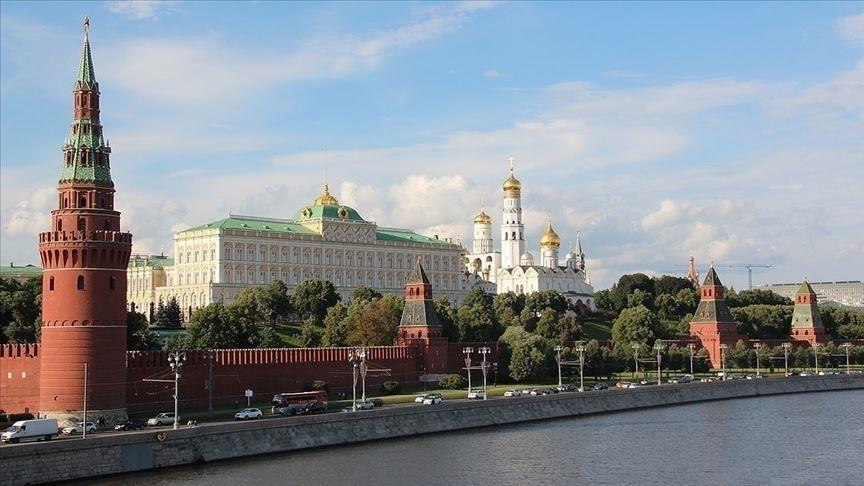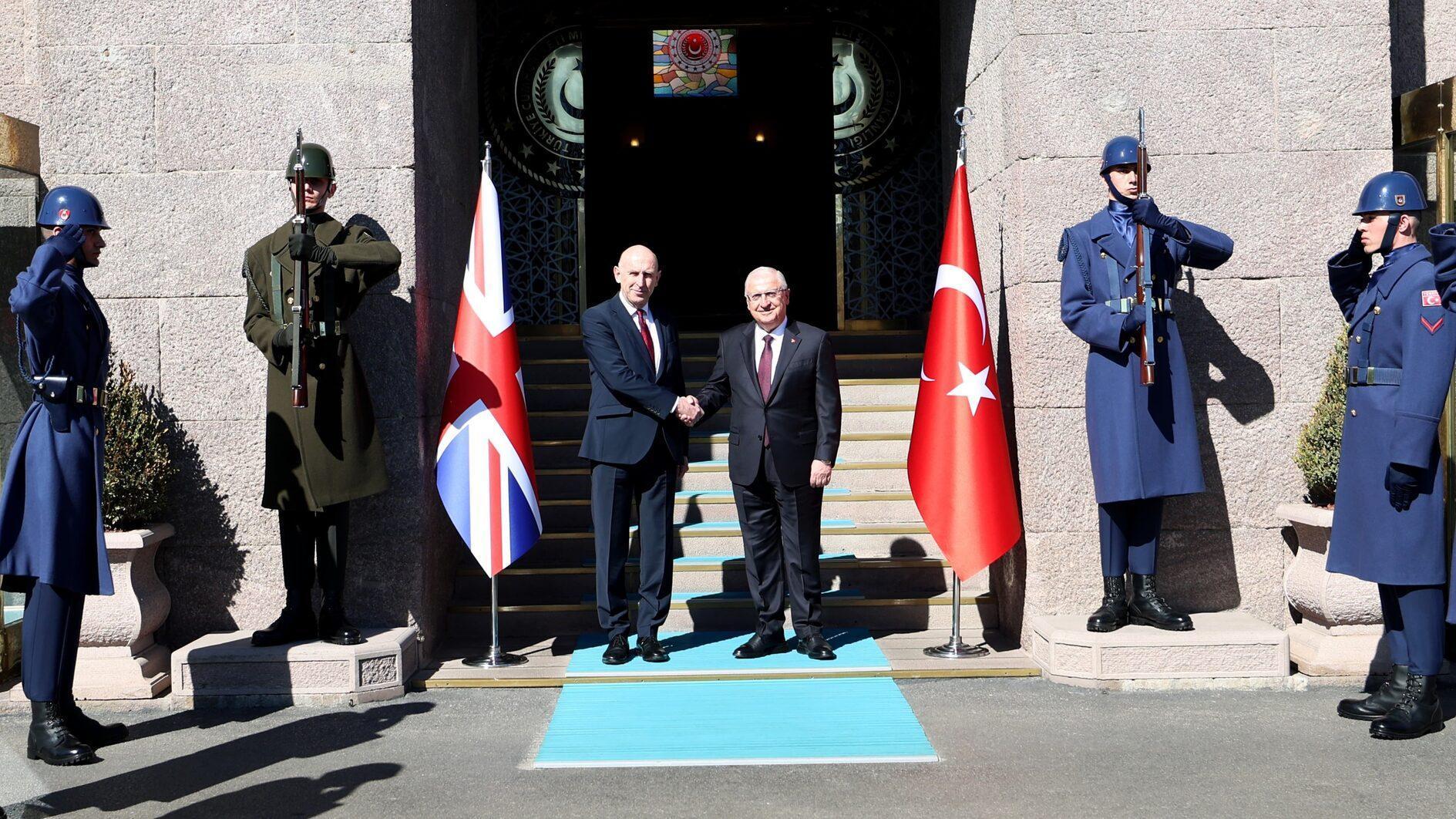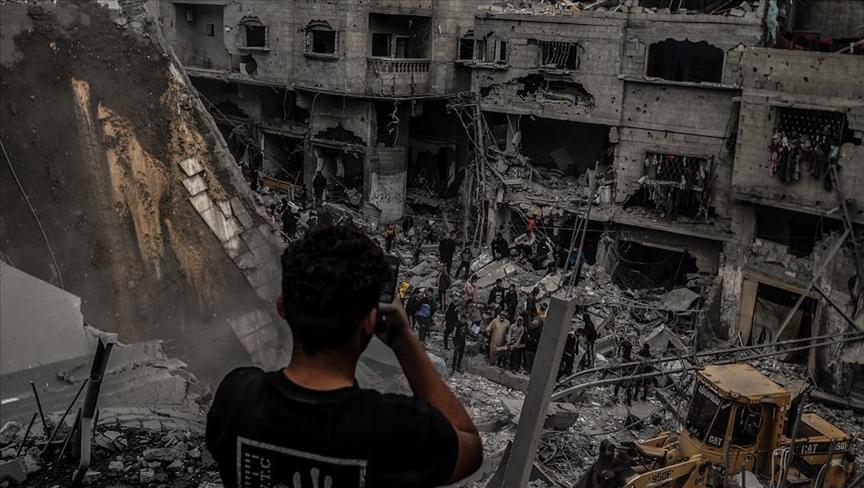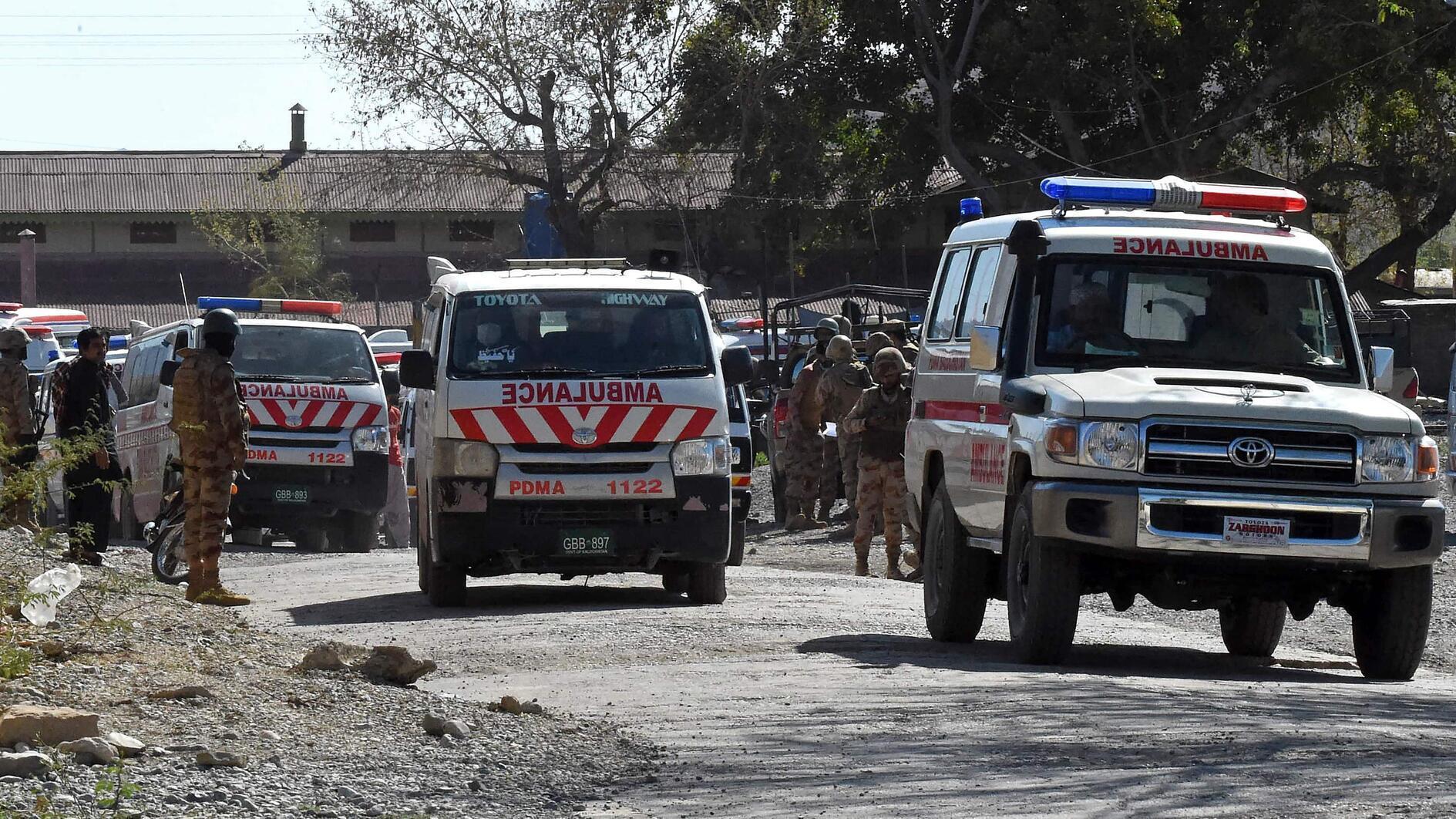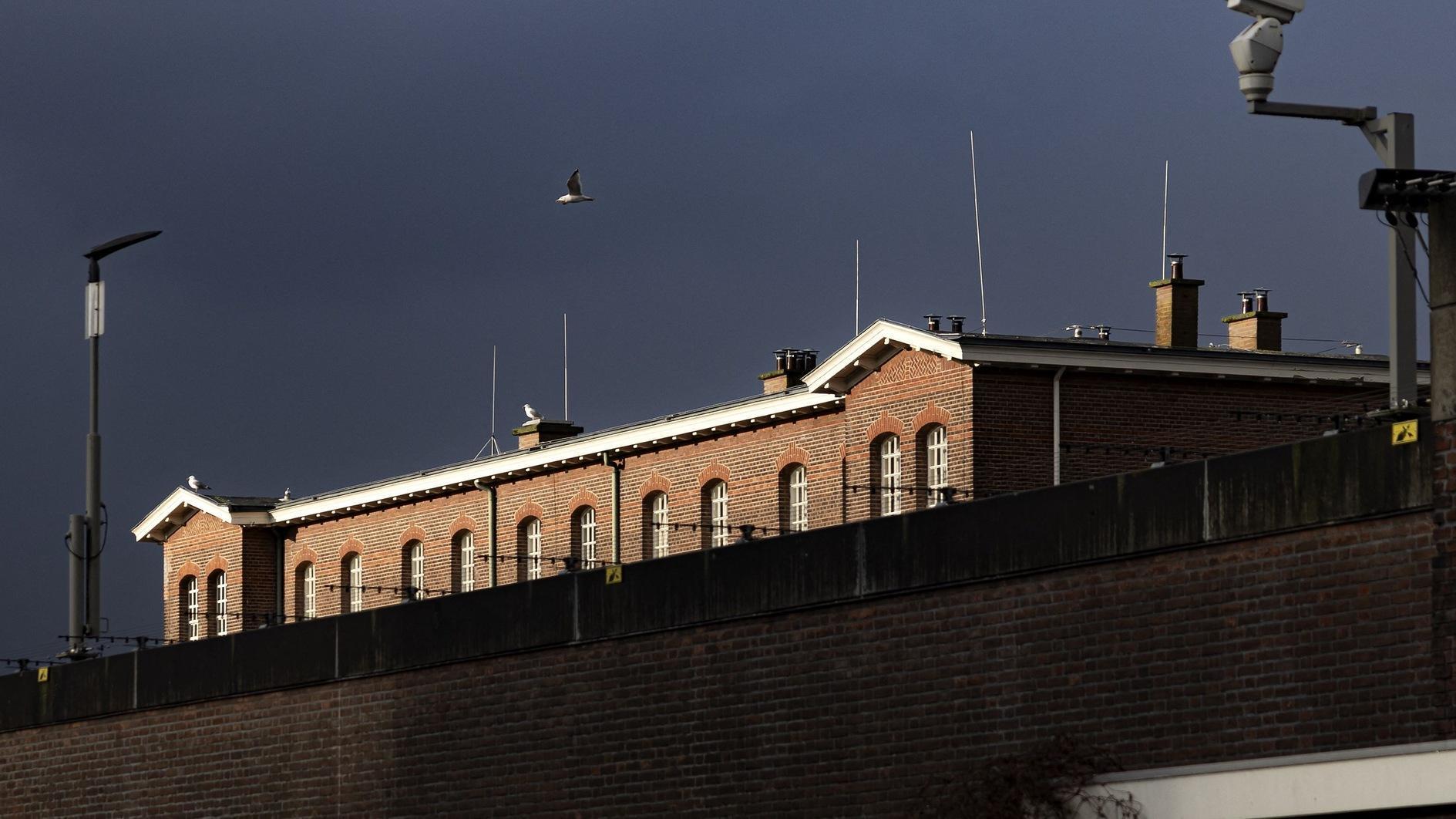Al-Maliki rules out poll on Kurdish independence
BAGHDAD
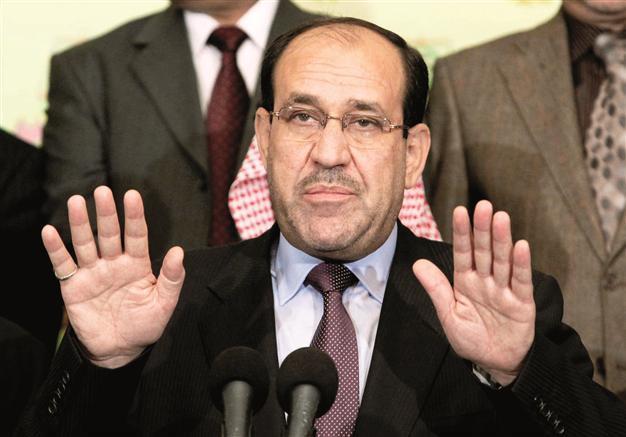
AP Photo
Iraqi Prime Minister Nouri al-Maliki o rejected an assertion by the country’s autonomous Kurdish region that its control of disputed territory is here to stay while ruling out its chances of holding a referendum on independence.“No one has the right to exploit the events that took place to impose a fait accompli, as happened in some of the actions of the Kurdistan region. This is rejected,” al-Maliki said in televised remarks. He was responding to remarks by Kurdistan Regional President (KRG) President Masoud Barzani last week that there was no going back on Kurdish rule in the oil-rich northern city of Kirkuk and other towns now defended by Kurdish fighters against militants.
Kurdish forces moved in to Kirkuk and several other areas when federal forces withdrew in the face of a jihadist-led offensive last month. Barzani later told the BBC in an interview that Iraq’s Kurds would hold an independence referendum within months, telling the broadcaster that the time was right as Iraq was already effectively partitioned.
The embattled prime minister also said he hoped to overcome the challenges blocking the formation of a new government, a day after the new Parliament’s first session ended without agreement on top government posts.
“A state of weakness occurred but God willing in the next session [planned for June 8] we will overcome it with cooperation and agreement and openness ... in choosing the individuals and the mechanisms that will result in a political process based on ... democratic mechanisms,” said al-Maliki.
Sunnis and Kurds abandoned the first meeting of the new Parliament after Shiites failed to nominate a candidate for prime minister. The Shiite parties are deadlocked over al-Maliki’s ambitions for a third term, and who would replace him. Al-Maliki’s statements came after the United States and the United Nations sharply criticized Iraqi leaders, warning that time was running out after chaos in Parliament.
Washington warned that “time is not on Iraq’s side,” with State Department spokeswoman Marie Harf calling for “extreme urgency.”
U.N. special envoy Nickolay Mladenov said Iraqi politicians “need to realize that it is no longer business as usual.” Under a de facto agreement, the premier is a Shiite Arab, the speaker Sunni Arab and the president a Kurd. Al-Maliki also offered a general amnesty in a rare conciliatory move to undercut support for militants.
His surprise move appeared to be a bid to split the broad alliance of jihadists, loyalists of executed dictator Saddam Hussein and anti-government tribes that has captured large chunks of five provinces, displacing hundreds of thousands of people.
“I announce the provision of amnesty for all tribes and all people who were involved in actions against the state” but who would now “return to their senses” – apart from those involved in killings, al-Maliki said.


